20 Things You Should Bring Back from Turkey
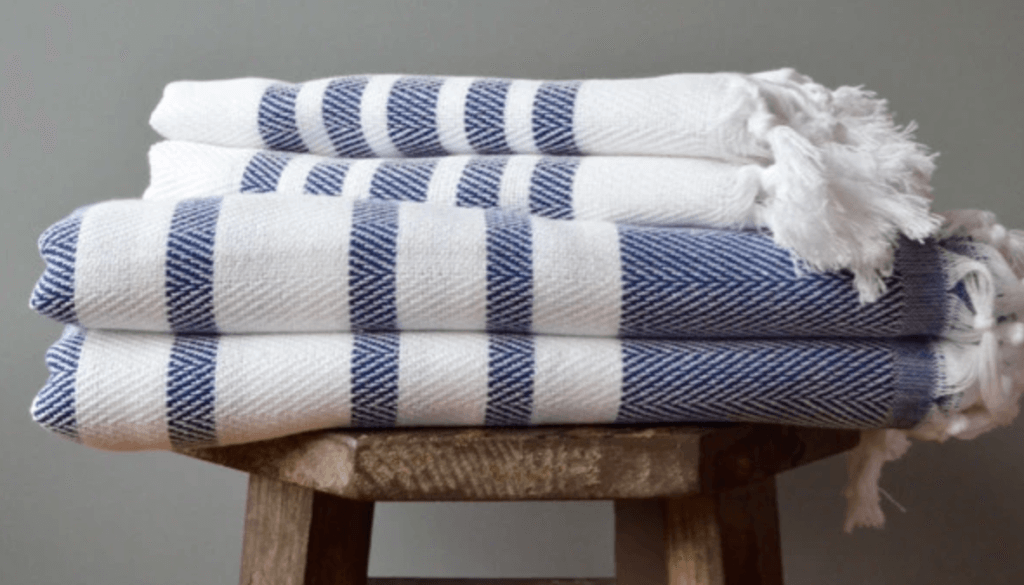
I came to Turkey twice before making the leap to live here for an extended period of time. I’ve been mostly in Istanbul, the Black Sea region and now in southern Turkey with treks along the way to and fro. I’m always on the lookout for unique things I’ll use and not just novelty items (you can find plenty of those kinds of things here, just as in any touristy area). I like things that I’ll actually use on a daily basis, things that will make my home more beautiful and remind me of the memories I’ve made while visiting. I’m also just really attracted to the naturally-natural things available in Turkey. Much of it is not made to look or feel organic or natural- it just is that way already, and that’s what is so appealing to me.
Below is a list of 20 of my favorite finds throughout my trips to Turkey. Many of these items I’m actually using on a daily basis now, so I can tell you they’re worth it. They also make great gifts for friends and family you’ll share your experience with upon return, so make them special.
You’ll find that many of my suggestions here can be purchased at local grocery stores, so read it through, print this out and perhaps you can make a run to the local Migros store and get most of your souvenir and take-home shopping out of the way in almost one fell swoop. That’s what I did on my last trip and I’m so glad I did. I was able to enjoy the rest of my trip so much more that way. But hey, you do your trip your way.
* please note that some of the items listed will have to be declared ahead of time before entering back into the United States, so please read these guidelines and do that when traveling back into the country.
I hope you find the list enjoyable and if there is anything else you would suggest, please list those in the comments section at the end of this post.
- Kırmızı Biber Salçası (Red Pepper Paste)
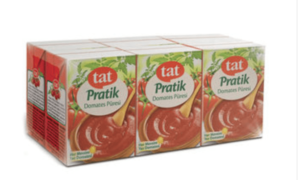 In the states you could find red pepper paste in some Turkish or Mediterranean markets, but not always and it’s somewhat more expensive than what you’ll find it for in Turkey. Even the Korean red pepper paste in Asian markets (gochujang) can be a substitute, but to me the taste is very different and it’s also hot. Use it much like you would tomato paste for pasta dishes, meat dishes, breakfast eggs and the like. To me, it’s a unique ingredient I never started using until I came to Turkey so if you’re interested in making Turkish food when you get home, you’ll wish you brought this stuff. Please don’t buy the glass jars (trust me)- there are packs-of-three small boxes (Tat Pratik brand) of it that you can find in many grocery stores like Migros in Turkey. To cook with it, you can find several examples of dishes on my Instagram page and recipes using it on this website.
In the states you could find red pepper paste in some Turkish or Mediterranean markets, but not always and it’s somewhat more expensive than what you’ll find it for in Turkey. Even the Korean red pepper paste in Asian markets (gochujang) can be a substitute, but to me the taste is very different and it’s also hot. Use it much like you would tomato paste for pasta dishes, meat dishes, breakfast eggs and the like. To me, it’s a unique ingredient I never started using until I came to Turkey so if you’re interested in making Turkish food when you get home, you’ll wish you brought this stuff. Please don’t buy the glass jars (trust me)- there are packs-of-three small boxes (Tat Pratik brand) of it that you can find in many grocery stores like Migros in Turkey. To cook with it, you can find several examples of dishes on my Instagram page and recipes using it on this website. - Findik Ezmesi (Hazelnut Butter) by Findux
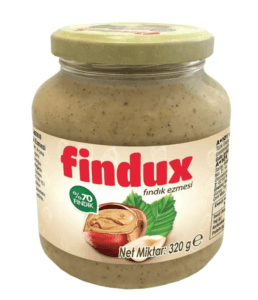
Findux Findik Ezmesi or Fiskobirlik (my personal preference). It’s more like a hazelnut paste or spread that is so tasty at breakfast with bread or as a health food before/after working out by just eating a few spoonfuls. It can be found at just about any grocery store, such as Migros or A101 stores (similar to Aldi stores in the U.S.).
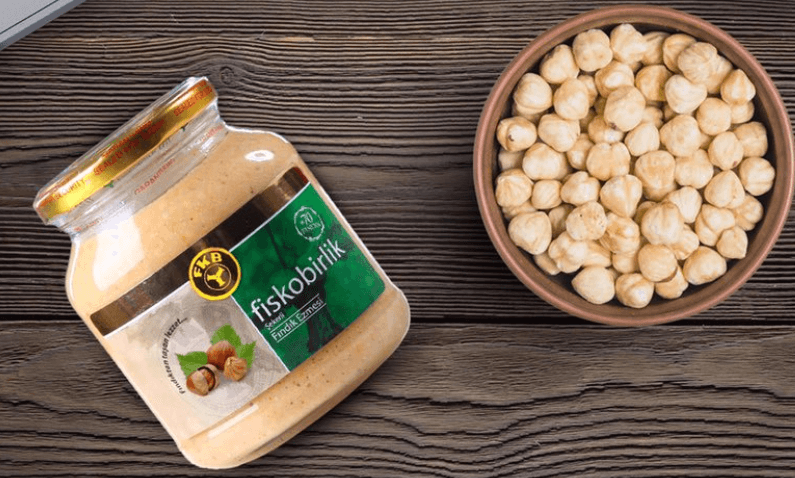
- Fiskobirlik Yagi (Hazelnut Oil from Giresun). This is a unique oil that is hard to find in the U.S. and once you do find it, it’s quite expensive and I’ve never seen it from here specifically, anyway. They have small-medium containers of this oil in Turkey, mostly at grocery stores, so you can purchase and find a space in your suitcase to take this home easily. Use it in salads and cooked pastas, but do not heat it to a high temperature.
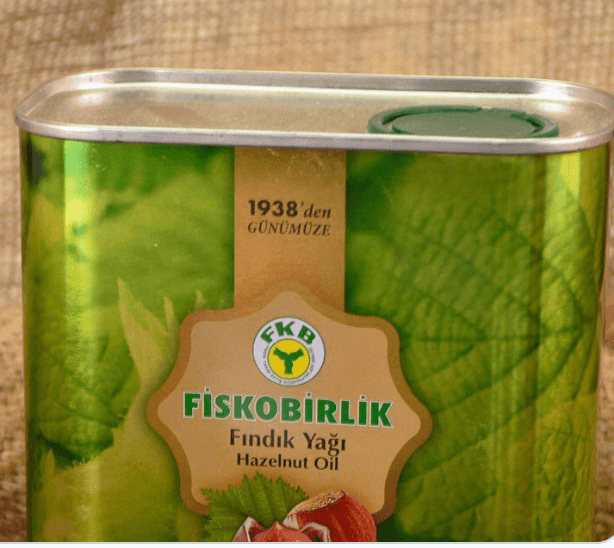
- Turkish Pistachios (Fistik) from Gaziantep. You’ll find all sorts of loose nuts and dried fruits in Turkey, but what you must taste are the fresh, raw or roasted pistachios from the pistachio capital of the world: Gaziantep. The meat of the nut is so green, it’s unmistakable I like to buy the vacuum-sealed packages of them found in many grocery stores because they make great gifts and keep well until you’re ready to open and store them at home after traveling.
- Baklava from Asi Künefeleri in the Eminönü neighborhood of Istanbul. You’ll find lots of options for sweets there, but look for this one that make the huge baklava “sandwiches” in their storefront window. Also try their green pistachio baklava and ask them to wrap it tight so you can take it home. Just be sure to eat these up quickly, as they are made fresh and do spoil within a week or two. I learned the hard way. The neighborhood is great for bargain shopping, by the way- especially for kids’ stuff.
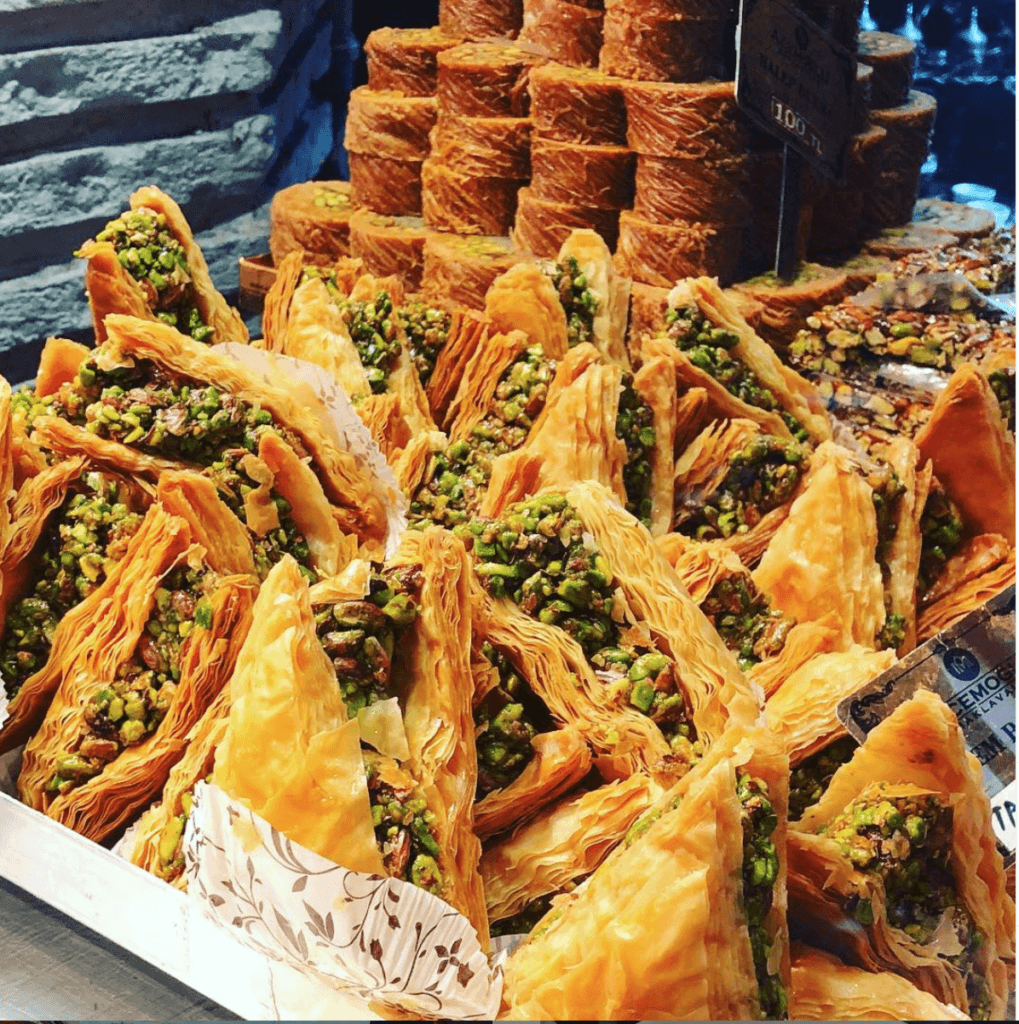
- Turkish Hazelnuts (Findik) from Giresun (Black Sea region). Turkish hazelnuts from the Black Sea region are smaller than the ones we normally find in the U.S. I think they’re delicious and definitely worth a try and suggest you buy the unshelled nuts rather than shelled, since they retain their flavor much longer.
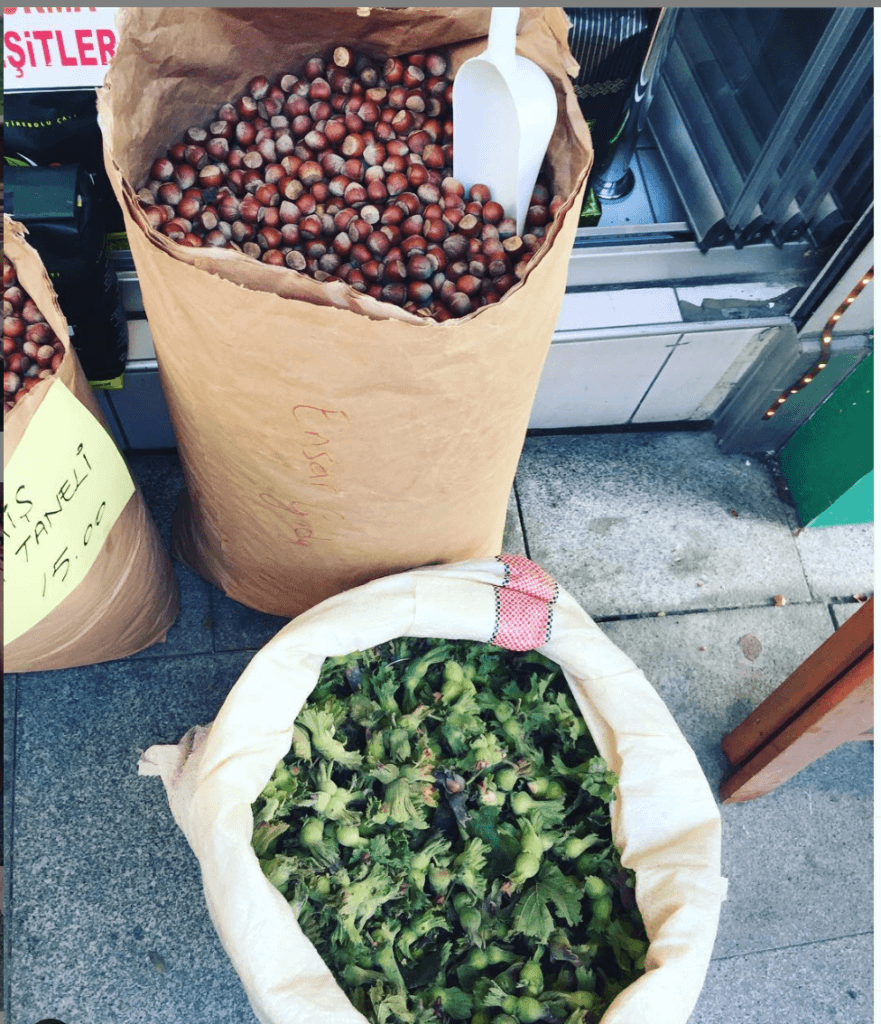
Top: Dried Turkish Hazelnuts; Bottom: Fresh Turkish Hazelnuts - Small Turkish Garlic. If you love to cook, you’ll want to at least take these home and try them out. They’re so different than anything I’ve seen back in the US (even in California) and I feel like they’re a pretty unique find, especially since I happen to notice them in an 80-year old apothecary near the main entrance of the Spice Bazaar.
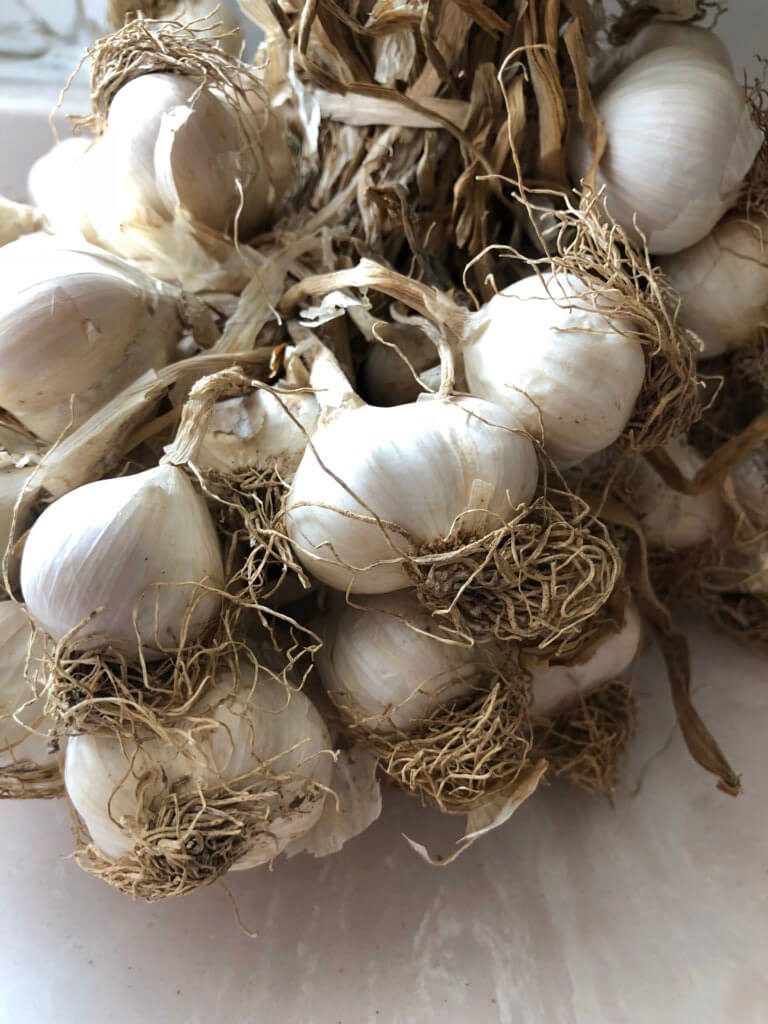
- Freshly Ground Hot Kahve from Kurukahveci Mehmet Efendi in Istanbul’s Grand Bazaar. I’ll be the first to admit that I’m not really a fan of Turkish coffee and I have my own reasons for that. I do, however, know plenty of people back home who would go crazy for this stuff, so it was a perfect gift to bring back home. If you go to this location in the Grand Bazaar, you’ll be able to get cute little bags of a few ounces of freshly ground kahve that make just the most perfect gifts. You can, of course, get larger portions, too, but I thought the small bags were just great alongside other trinkets I brought home for friends and family. Yes, you can find it all over the world, but the freshly ground stuff is really special.
- Bal (Turkish honey) from the Mugla Region. The Mugla region of southern Turkey is THE place for honeybees and honey production. It’s famous for pine honey, especially, but there are other varieties such as wildflower. You should be able to find this type of honey anywhere in Turkey.
- Pekmez (Grape Syrup/Molasses). Gear up for a boost of iron with this ingredient that is usually mixed with tahini (which you can easily find all over the U.S.) and eaten with bread. I call it the Turkish peanut butter and jelly“. It can be found nicely bottled in many grocery stores, or in large tubs all around Istanbul, especially around the Grand Bazaar. I feel like those are too heavy to lug back in a suitcase, so I always opt for the tall glass bottles found in the stores. Wrap them tight with your clothes and some bubble wrap or a thick paper bag, if you can. This cannot be brought on in your carry-on since it’s considered a liquid.
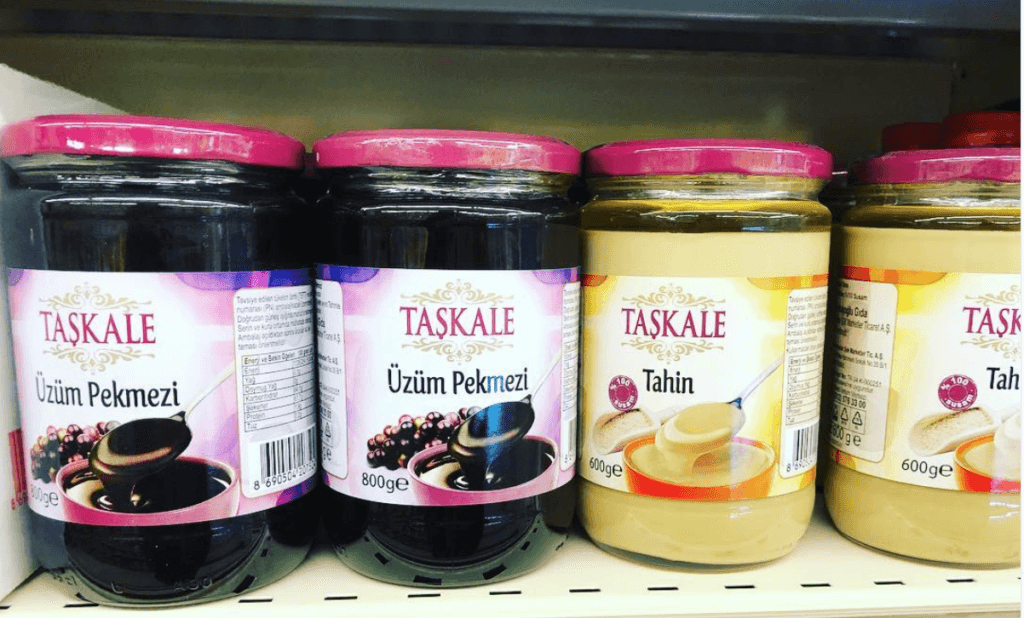
- Lokum (Turkish Delight) They say the best lokum comes from Afyon, but the ones I did try there were nothing in taste compared to the ones I found in the Grand Bazaar, so I’m not buying that notion on this one. Do some tastings around the bazaar, as there are hundreds of stalls to choose from, and then hundreds of flavors to try. I personally love the rose petal lokum as well as the tangerine, but there are so many yet to try. Serve them with Turkish çay or Turkish kahve when you get home and tell your friends and family all about your trip.
- Tirebolu Tea. Speaking of çay, much of the best tea in Turkey is grown in the Black Sea region of Tirebolu where I personally saw the beautiful tea fields myself. You can find the teas in specialty shops around Turkey. Look at grocery stores like Carrefour or Migros and shops that sell nuts and dried herbal teas or ask around to see where you can get it. I brought mine back directly from the source near Tirebolu, but you definitely don’t have to go that far to find it.
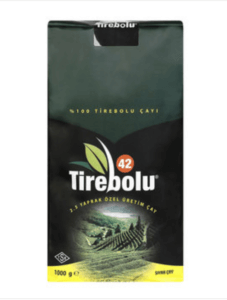
- Ihlamur (Linden Tea) and Other Dried Loose Herbal Teas. Speaking of teas, Turkey is also famously known for their herbal teas, which are mostly consumed during the cold and wet winter months. If you’ve been reading this website, you’ll remember that I’ve written about my love of ihlamur before and how to make it with the dried leaves (here). They’re super beneficial and way more potent than the bagged tea versions you find it boxes at the grocery stores, so be sure you grab the loose teas, which can be found all over the country. I found a good variety of teas in Istanbul near the shopping areas just outside of Eyup Sultan Çami.
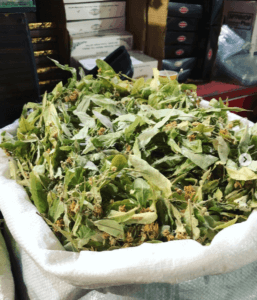
- Copper Pots. If you love to cook or are buying a gift for your favorite chef, do not miss the opportunity to purchase Turkish copper cookware: sauce pans, braising pans, coffee pots of various sizes. Not only are they remarkably inexpensive compared to their US and European counterparts, they’re just as durable and good in quality. Here’s the trick, however, to know that what you’re buying is real copper: there will be a price for each item when you ask the shopkeeper, but if it is real copper, he will not be able to tell you a final price until the item is weighed. That is how you know it’s real. If it’s a fake, there will be a set and final price on the item, no weighing. I wouldn’t buy it, personally. There are many shops in Istanbul, particularly around the Egyptian Spice Market.
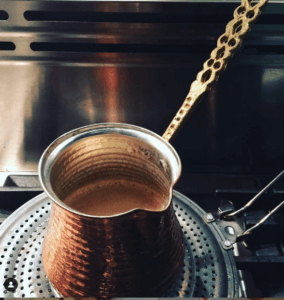
- Clay Serving Bowls & Cooking Pots– You’ll find in many restaurants when they serve something like Turkish rice pudding, they’ll put it in cute, round ceramic bowls (which I always want to take home) called Güveç Kabı. These are great for decorative serving, but you can also bake with them, which is why they’re also so practical in the kitchen. You can find them all over the pazars, but you’ll be surprised to find them sometimes at stores like Migros or A101 for unbelievable prices.
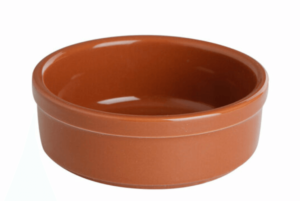 The same goes for the Güveç pots which come mostly unglazed and are great for clay pot cooking of meat and vegetables, after which a famous Turkish dish is name. I’ll be posting a recipe and how to season and use the pot soon. You can also find these in the same places as the small bowls for a really great price. I always put these in my carry-on because I’m too afraid they’ll break in a suitcase.
The same goes for the Güveç pots which come mostly unglazed and are great for clay pot cooking of meat and vegetables, after which a famous Turkish dish is name. I’ll be posting a recipe and how to season and use the pot soon. You can also find these in the same places as the small bowls for a really great price. I always put these in my carry-on because I’m too afraid they’ll break in a suitcase. 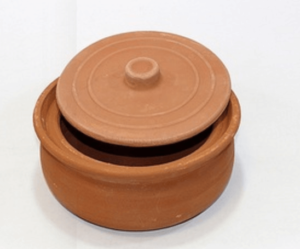
- Handmade Wooden Spoons & Cutting Boards. I’ve bunched these together even though they’re two separate types of kitchen goods, but it’s because you’ll usually find them somewhere together at a shopkeeper’s stall at a local farmers market (pazar), which is the best and cheapest way to find them. I’ve seen them in Istanbul, the Black Sea region and in the south, so someone is making these everywhere you go. In the south, you’ll also find boards made out of olive wood instead of the typical pine. What I love about all of these is that although they don’t seem sealed with anything, I don’t find them warping in the heat of cooking or when I’m neglectfully keeping them in water too long, so that’s a big plus for me!
- Turkish Cookbooks. I was so happily surprised to find a second hand book bazaar Sahaflar Carsisi) in Istanbul, not far from the Grand Bazaar. It has been there since the Byzantine days and yet I had no idea it was there, but just happened to bump into it while meandering about. What was amazing about it was that it seemed like a courtyard full of small book stalls for university students as well as for those studying Islamic courses, so there are lots of Qur’an and other Islamic studies type of books in Turkish there, too. I happen to be looking for Ottoman cuisine cookbooks and asked one of the shopkeepers about it, and he brought out one of my favorite cookbooks to this day: Dervis Sofralari (The Dervish Table) by Sahrap Soysal. Another simple, but really good book is Ramazan Lezzetleri (Delicious Ramadan) by M.Omur Akkor. They may be in Turkish, but if you really love and want to cook some authentic cuisine, you’ll pour through these books and figure out what the recipes are saying- plus, there’s always Google translate to help.
- Gül Suyu (Rose Water) by Gülsah. For just about $1 USD you can find this product in many grocery stores like Migros and use it as a facial toner. You can also put this in a spray bottle and use it as a face/body hydrator, which is absolutely refreshing.
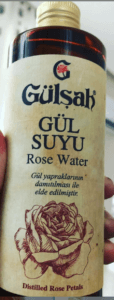
- Hammam Towels (also referred to as simply, “Turkish Towels”). I absolutely love the look of Turkish hammam towels and have bought many that I just adore. They come in pretty pastel colors usually, and vary in size from small hand towels to super large beach towel size. I’ve been all over Turkey and the best prices I’ve found for these were in the Galata Tower area of Istanbul where you’ll find a lot of shopping and touristy shops, but with competitive prices. Sometimes if you buy a lot, they’ll even throw in some cute soaps with your purchase.

- Olive Oil Soap. Speaking of soaps, there is nothing as pure and soft as olive oil soap. You can certainly find these in Middle Eastern and Mediterranean markets in the U.S., but they’re worth the buy for the price and quality in Turkey. I’ve found them cheapest at stores like A101 and Sok, but you can certainly find them in the pazars (markets) and specialty shops where things like hammam towels are sold. *P.S. I even wash my hair with it sometimes!
Whew…that was a lot. And this post took me down memory lane, as I remember where I was with every purchase. For me, it’s so much like a scavenger hunt to find new products that I love and are unique to me and that I actually use at home at the end of the day. I hope you’ll find the same usefulness and enjoyment of these things as I did (and still do)!
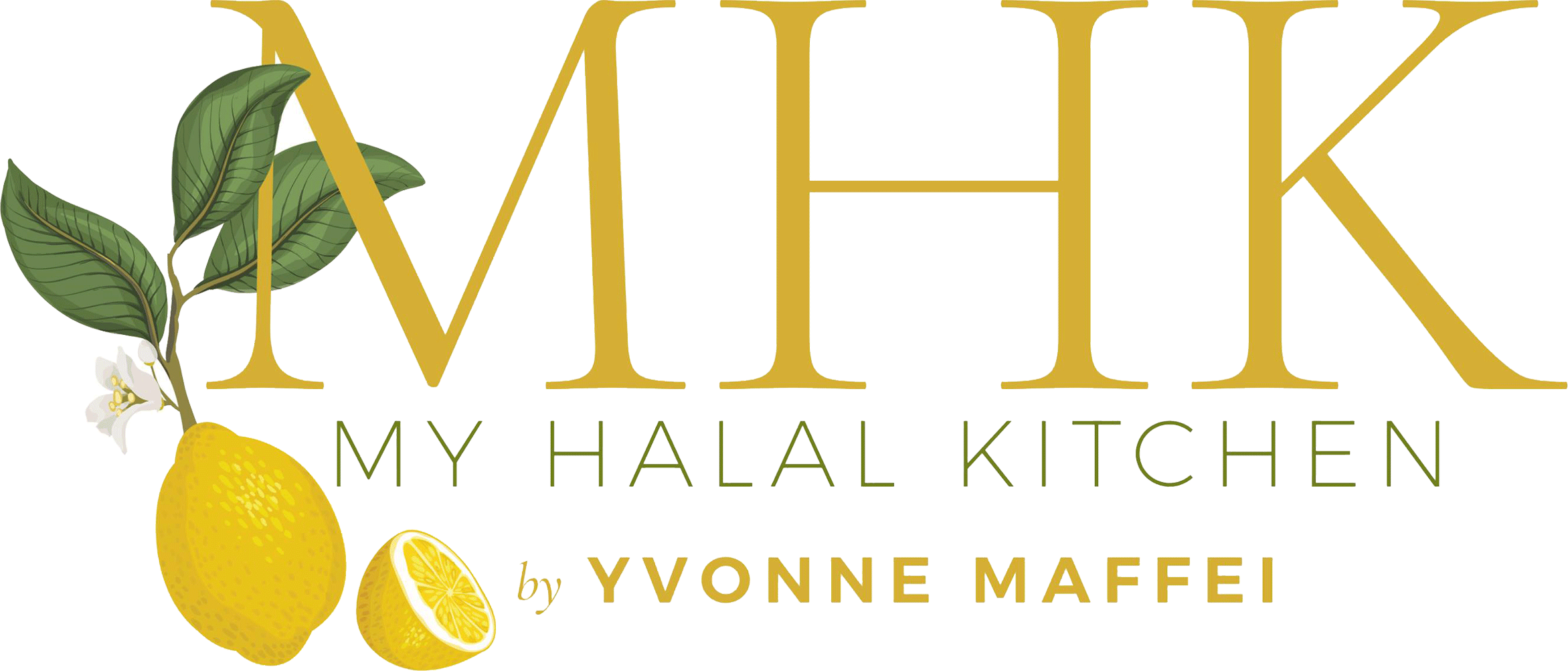
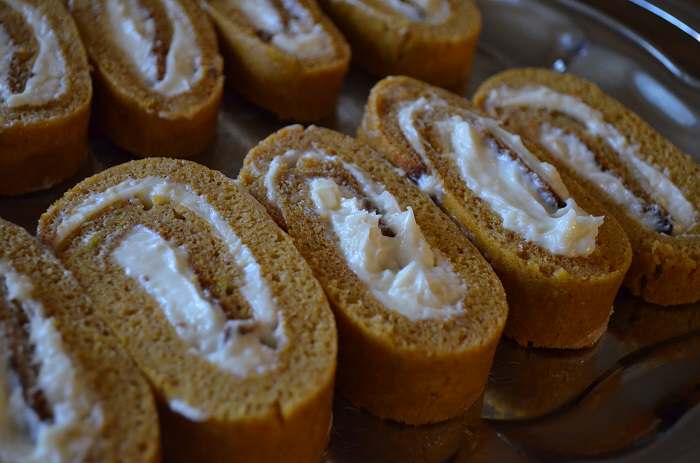
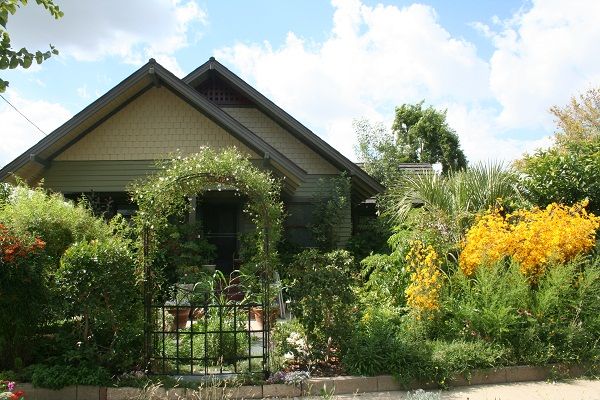
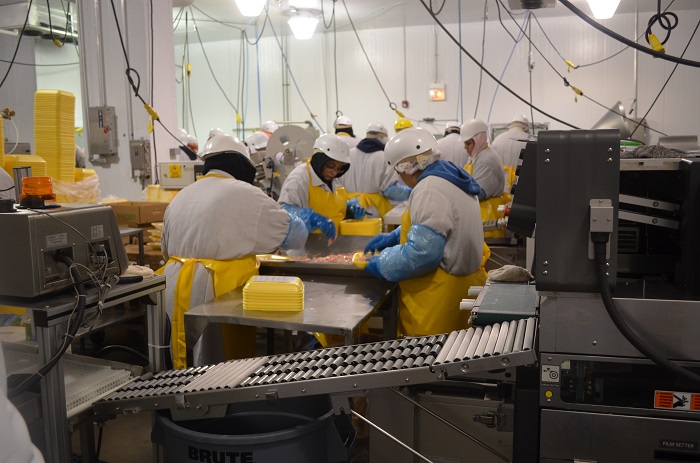

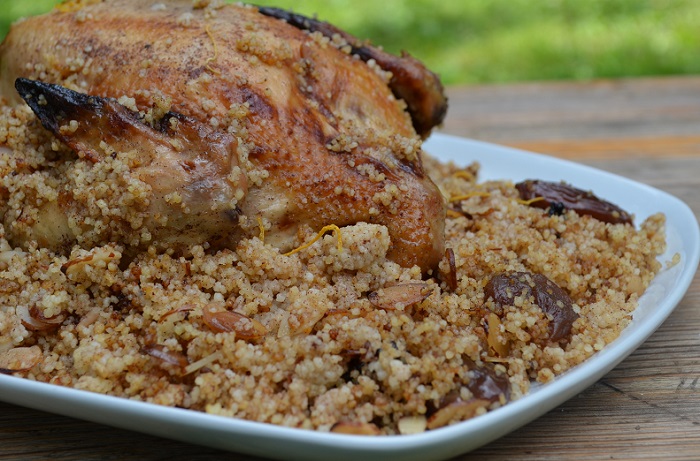


Such a handy list! Just missed it by a week! InshaAllah will save this for next time!
Sounds like a cook’s dream. I love hearing about your experiences in Turkey.
It is a cook’s dream, or at the very least can awaken the hidden cook in anyone!